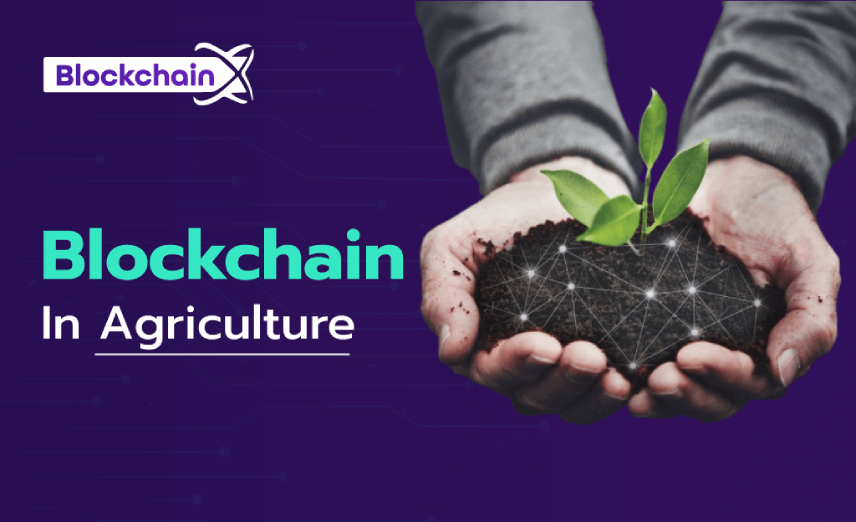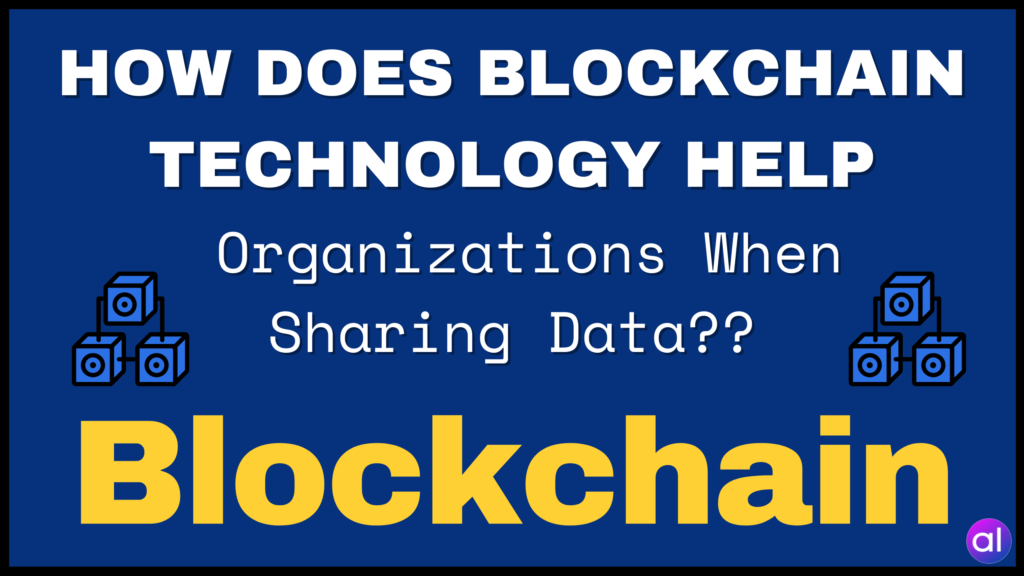
Overview
Globally, around 40% of people are employed in the agriculture sector, which contributes $5,084,800 million of total worldwide production, making it contribute 6.4% to the global economy. But it remains one of the most outdated sectors in terms of technical development.
After the crop leaves the farm, it follows various levels of the supply chain to reach the final consumer. Ensuring trust, transparency, and efficiency from farm to grocery store is a tough task and is one of the major backlogs that this sector faces. This industry is a little less explored, but revolutionary blockchain technology can help to combat these problems in the first place. This technology has drastically changed many industries like Retail, Automobiles, and Healthcare. This technology of a ledger system that allows peer-to-peer transactions of any commodity and is tamper-proof has the potential to bring a much-needed change in the agricultural sector.
Application of Blockchain in Agriculture
The various things that could be improved in this sector through blockchain are:
Procurement Tracking
One of the biggest challenges that this sector faces is tracking and paying for the delivery of food. Both sellers and buyers have agents that increase the size of the chain, making the product more expensive than its original value and being time-consuming.
With the existence of blockchain technology, this problem can be easily resolved. Since there would be a single distributed ledger, the communication between the buyer and seller would improve, meaning there would be a decrease in the number of agents. With features like traceability and suitability, farmers can directly contact restaurants or individual buyers and get a larger share of their sales. It will also remove the exploitation done by intermediaries to both parties.
Crop and Food Production
Using the concept of smart farming, IoT sensors can fetch important information like soil quality, water level, details of fertilizers, etc. It will help in increasing both the quality of the farming process and the production of crops.
Weather Crisis control
The issue of unpredictable weather causes a lot of problems in the field. Crops find it difficult to tolerate flooding in the event of excessive rain. Crops become parched when there is no rain. Furthermore, excessive heat kills crops. And consumers are never made aware of these situations, so they never know the true cause of a price increase. Blockchain can help farmers get easy claims through smart contracts.
Managing Agricultural Finance
Lack of transparency in credit histories and agreements are some common problems faced by farmers. They are generally paid less than their share, With blockchain, agribusiness will become more transparent, which will enable shared control.
This industry needs to maintain customer trust in food quality, and blockchain has the power to ensure transparency in the system.
How will this system work?
The blockchain system in agriculture is easy to understand.
Step1: Data Generation
The data will be generated by three major categories:
- Crop and soil monitoring : Temperature, pH level of soil, pesticides and water spray from IoT sensors and weather and wind monitoring data.
- Warehousing and distribution : Quality control, tracking transportation and food safety control.
- Retail and marketing : Bill data, taxes and compliance.
Step2: Data Processing
This data will be processed in the form of smart contracts to keep the chain transparent to investors.
Step3 : Blockchain Consumptions
This data will be hashed and saved on blockchains. Information on land usage, crop efficiency, financial audit, and flood mitigation can be collected from these sources.
Summing Up
According to UN estimates, food fraud costs the global economy $40 billion per year due to illegal trade. Blockchain will help in the monitoring of abundant commodities and food fraud. Better harvesting and trade practices can be expected with blockchain agribusiness.



